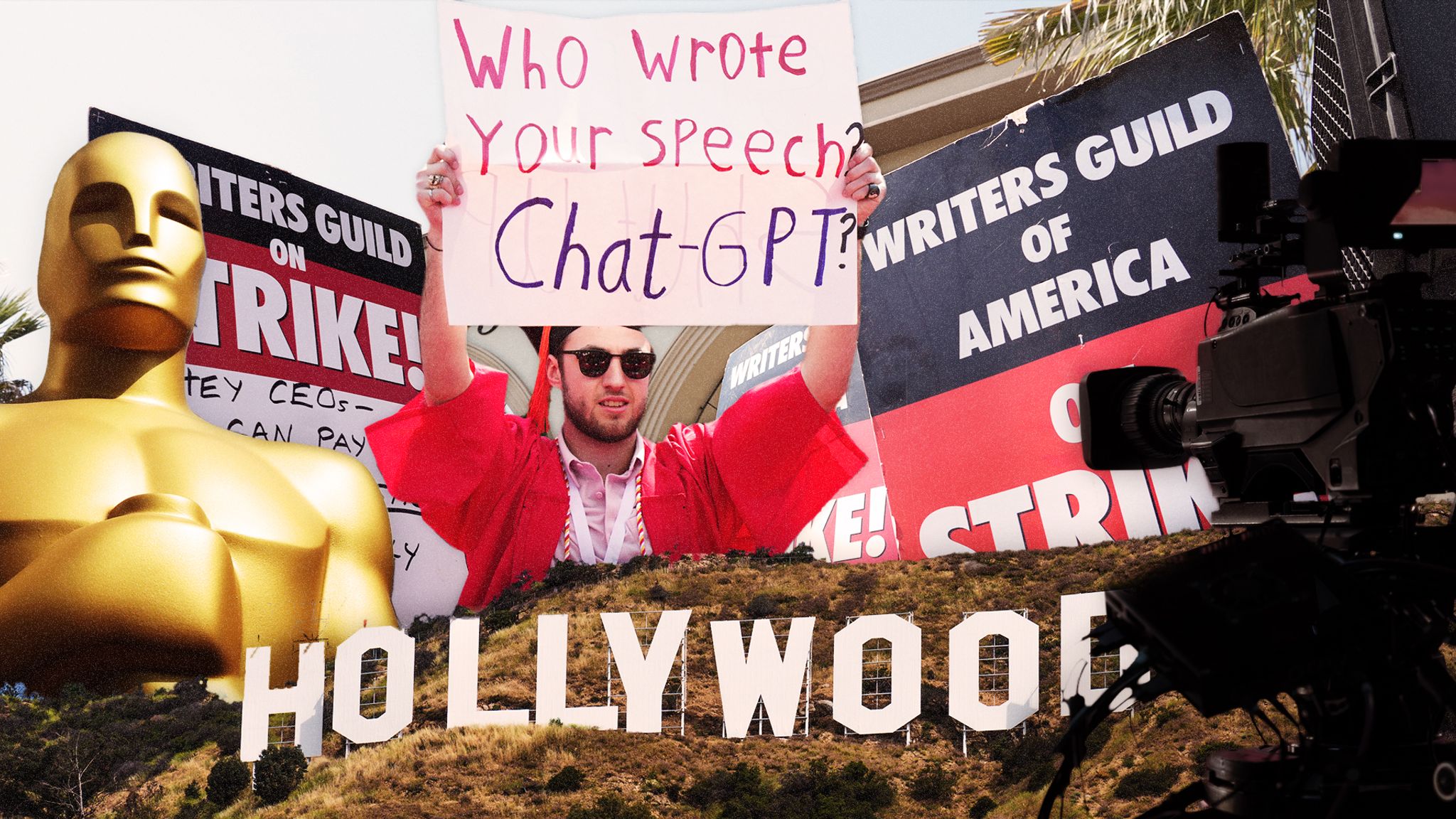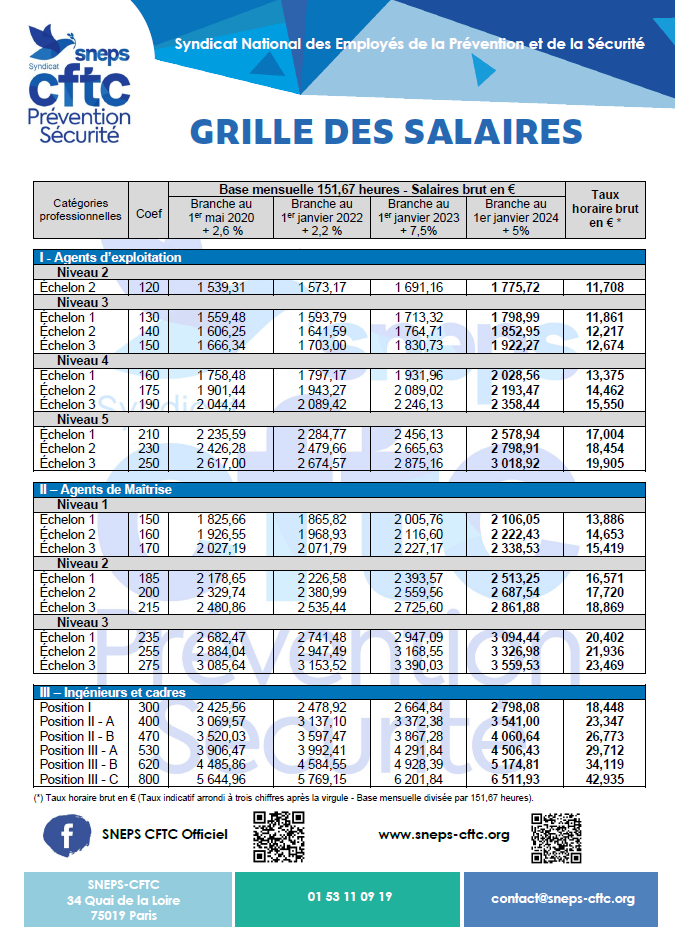The Hollywood Strike: Understanding The Actors And Writers' Demands

Table of Contents
Fair Compensation and Residuals in the Streaming Era
The shift from traditional media distribution to the dominance of streaming platforms has fundamentally altered the compensation landscape for actors and writers. This change has led to significant dissatisfaction and fueled a central demand of the Hollywood strike.
The Shift from Traditional Media to Streaming
The traditional model of television and film distribution provided actors and writers with residuals – ongoing payments based on the continued exhibition of their work. This model is largely absent in the streaming era.
- Reduced Residuals: Streaming platforms typically pay a one-time fee, regardless of viewership or the longevity of the content's availability. This contrasts sharply with the previous system where repeated broadcasts or rentals generated substantial additional income for talent.
- Disparity in Profits: While streaming platforms generate enormous profits, the share allocated to actors and writers is often significantly lower than in the traditional model. This income inequality is a major point of contention.
- Impact on Mid-Level and Background Actors: The shift to streaming has disproportionately impacted mid-level and background actors, who often relied on residuals to supplement their income. Many find it increasingly difficult to make a living solely from acting.
Minimum Wage and Salary Increases
The Hollywood strike also includes demands for substantial increases in minimum wages and improved salary structures across the board.
- Requested Wage Increases: Unions are advocating for significant percentage increases in minimum pay, reflecting the increased cost of living in major entertainment hubs like Los Angeles. Specific numbers vary depending on the role and experience level.
- Cost-of-Living Adjustments: The argument emphasizes the need for regular cost-of-living adjustments to ensure actors and writers can maintain a reasonable standard of living in the face of rising inflation.
- Economic Landscape: The demands reflect a recognition of the changing economic landscape and the need for compensation that accurately reflects the value of creative contributions to the immense profits generated by the industry.
The Impact of Artificial Intelligence (AI) on Creative Work
The rapid advancement of AI technology has introduced significant anxieties within the creative community, forming another key pillar of the Hollywood strike.
AI and Copyright Concerns
The use of AI to generate scripts, create deepfakes, and potentially replace human actors and writers raises serious copyright and ethical concerns.
- AI Replacing Humans: Concerns exist that AI could be used to cheaply produce content, thereby diminishing the need for human creatives and driving down wages.
- Legal Implications: The legal framework surrounding AI-generated content remains unclear, leaving actors and writers vulnerable to exploitation. Issues of ownership and compensation for AI-generated likenesses are central to the debate.
- Demands for Safeguards: Unions are pushing for strong safeguards and regulations regarding the use of AI, including clear guidelines on consent, compensation, and the prevention of unauthorized use of their work.
Negotiating AI Usage Rights
The strike includes demands for clear guidelines and protocols around the use of AI in future productions, focusing on transparency and fair compensation.
- Clear Guidelines: Actors and writers are pushing for clear guidelines outlining when and how AI can be used, including stipulations for transparency and consent.
- Compensation for AI-Related Projects: They are advocating for fair compensation when their work or likeness is used in connection with AI-generated content.
- Ethical AI Usage: The goal is to ensure that AI is used ethically and responsibly, complementing, not replacing, human creativity.
Working Conditions and Health Concerns
The demanding nature of working in the entertainment industry often leads to excessive hours, limited rest, and potential safety hazards on set. These working conditions are also major drivers of the Hollywood strike.
Excessive Working Hours and Limited Rest Periods
Actors and writers frequently face long and irregular working hours, negatively impacting their physical and mental well-being.
- Unreasonable Hours: The entertainment industry is known for its demanding schedules, often exceeding reasonable limits and contributing to burnout.
- Safety Regulations: Unions are demanding increased safety regulations on film sets to prevent accidents and injuries.
- Health Insurance: Better health insurance coverage, including mental health support, is another key demand to address the stress and strain associated with these demanding work environments.
Improved Safety Protocols on Film Sets
The strike aims to improve safety protocols on film sets, aiming to prevent accidents and injuries.
- Frequency of On-Set Accidents: Despite safety measures, accidents still occur on film sets, highlighting the need for stricter regulations.
- Specific Safety Improvements: The unions are pushing for specific improvements, including clearer guidelines for stunts, better equipment maintenance, and more rigorous safety training.
- Mental Health Support: The demand extends to improved access to mental health support for cast and crew, recognizing the mental toll of long hours and high-pressure environments.
Conclusion
The Hollywood strike is a watershed moment, revealing deep-seated inequalities and anxieties within the entertainment industry. The demands of actors and writers, focused on fair compensation in the streaming era, responsible AI implementation, and improved working conditions, represent a fight for survival and creative control in a rapidly changing media landscape. Understanding the complexities of the Hollywood strike and its underlying causes is vital for anyone involved in or impacted by this powerful industry. We must strive towards a future where creative professionals are fairly compensated and their contributions are valued and protected. Join the conversation and stay informed about the ongoing Hollywood strike; your awareness can help shape a more just and sustainable future for the entertainment industry.

Featured Posts
-
 Salaires Des Gardiens Un Marche Famelique A Reformer
May 16, 2025
Salaires Des Gardiens Un Marche Famelique A Reformer
May 16, 2025 -
 Proyek Strategis Nasional Kolaborasi Pemerintah Dan Swasta Untuk Giant Sea Wall
May 16, 2025
Proyek Strategis Nasional Kolaborasi Pemerintah Dan Swasta Untuk Giant Sea Wall
May 16, 2025 -
 This Summer Foot Locker Celebrates Local Athletes And Artists
May 16, 2025
This Summer Foot Locker Celebrates Local Athletes And Artists
May 16, 2025 -
 Roma Monza En Directo Sigue El Partido Online
May 16, 2025
Roma Monza En Directo Sigue El Partido Online
May 16, 2025 -
 Ovechkins 894th Goal Nhl Record Tied With Gretzky
May 16, 2025
Ovechkins 894th Goal Nhl Record Tied With Gretzky
May 16, 2025
